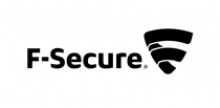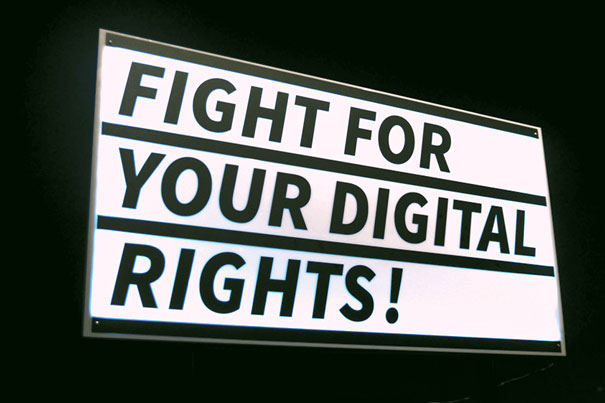

This article is published in partnership with F-Secure
I’m an activist and a science fiction writer, so it’s only natural that people ask me whether I’m optimistic or pessimistic about the future.
But optimism and pessimism are both a form of prediction. Whether you’re bullish on the future that’s coming, or terrified of it, you’re effectively saying that the future *is* coming – it’s a thing that *happens to us*, not a thing that *we make*.
If I believed that the future was foreordained, that it would come or not come regardless of what I did, I don’t know why I’d bother getting out of bed (except, perhaps, that in the foreordained future, I am predestined to get out of bed).
Prediction is a foolish pastime, and science fiction writers, better than anyone, should know this.
Almost none of science fiction’s predictions since Mary Shelley have come true, and when people laud science fiction’s capacity to predict, they tend to cherry-pick those few predictions that did come true (and really with all those predictions from Shelley to now, the remarkable thing would be if *none* had come true), they’re like the man who fires a shotgun into the side of a barn, draws a bullseye around the target, and expounds on his excellent marksmanship.
Science fiction writers who believe in their own predictions are like drug dealers who sample their own product. It never ends well.
Let’s talk about pessimism for a moment.
Say that I believed that the chances are that the Internet – the nervous system of the 21st century, which has the power to allow any two people to speak to one another without being interfered with by a third, which has the power to allow us to communicate in privacy and secrecy so perfect that the only way to violate it is to physically coerce one of the communicants into revealing the discussion, because the messages themselves are impervious to technical eavesdropping – that this Internet that I loved and built and wrote and laboured for would be perverted by the forces of reaction, greed, fear and authoritarianism.
Say that I believed that the Internet – presently treated by regulators as the world’s best video-on-demand service, or the world’s most perfect pornography distribution service, or the world’s finest jihadi recruiting tool – would be turned into the world’s greatest surveillance device.
I would work to take back the Internet. To make crypto usable and robust. To spread free (as in “speech”, if not as in “beer”) and open software. To hold regulators to account on the matter of network neutrality, and to build alternative networks less susceptible to rent-seeking by venal cultists of the religion of fiscal responsibility over human decency.
In short, I would do every single thing I would do if I was *optimistic* about the Internet.
Hope is why you tread water if your ship sinks in the open sea: Not because you have any real chance of being picked up, but because everyone who was picked up kicked until the rescue came.
Kicking is a necessary (but insufficient) precondition for survival. There’s a special kind of hope: the desperate hope we have for people who are depending upon us. If your ship sinks in open water and your child can’t kick for herself, you’ll wrap her arms around your neck and kick twice as hard for both of you.
To quote the eminent sage and Saturday morning cartoon superhero The Tick: “Don’t destroy the Earth! That’s where I keep all my stuff!”
The Internet is the nervous system of the 21st century and it connects everything and everyone I love on Earth, and so I want hope to give me the energy to kick for all of it.
We have given rise to a race of post-human, immortal, uncaring superbeings, called transnational corporations. We humans are their gut-flora, tolerated so long as we help them get on with their metabolic processes, but treated as pathogens when we threaten their well-being.
Historically, rulers have plumped for wealth redistribution to create social stability – because social services, mercy and kindness were cheaper than the guard-labor and surveillance necessary to get the same quantum of stability.
Technology has automated surveillance and retribution to a terrifying degree, and we are now living its consequences: a monied elite that has taken off the gloves and uses surveillance and militarised policing in place of social justice and basic fairness. It’s hard to be optimistic in the Thomas Piketty Singularity.
It’s easy to be pessimistic when our entertainment technology becomes a means to both total surveillance and automated, algorithmically assigned guilt – we have discovered that we don’t have to choose between Orwell and Kafka, we can have both! And what’s more, we can get there by way of Huxley!
But Huxley, Orwell and Kafka didn’t take away hope, they gave it to us. They gave us the words to describe the present (not the future, though the present is the moment at which the past becomes the future, so they’re related). They gave us the cognitive tools to conduct the argument about the society we want to build, how we want our technology to serve us.